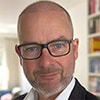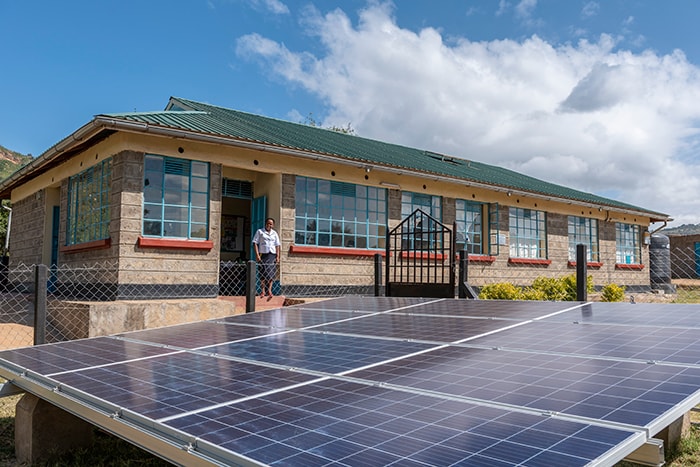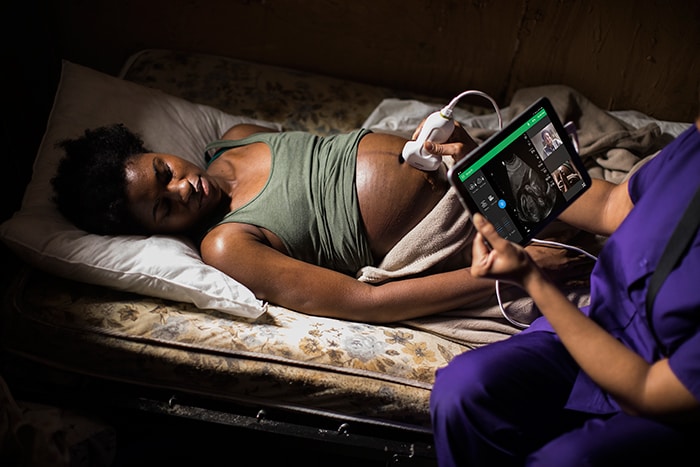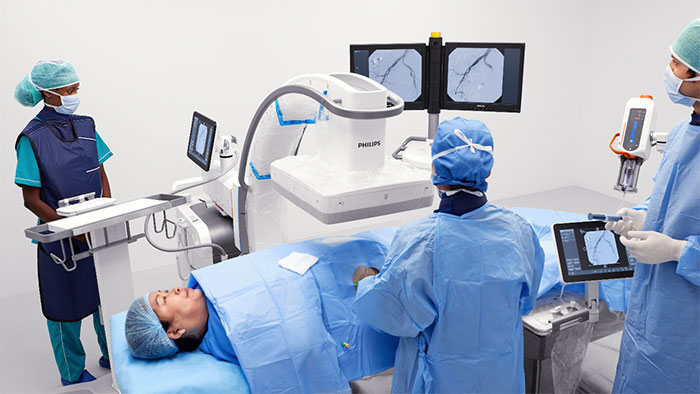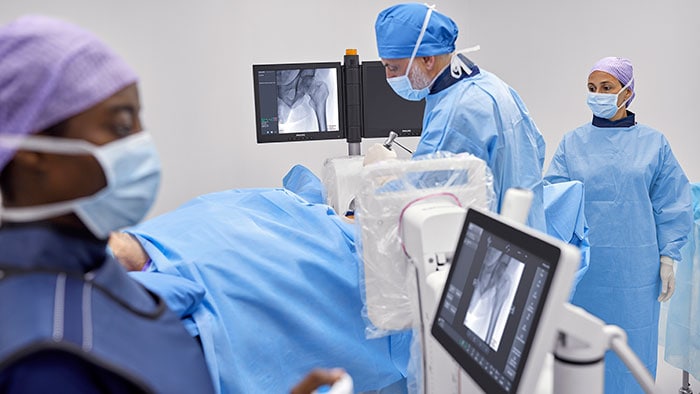Sep 23, 2019
Philips underlines commitment to Universal Health Coverage at UNGA 74
Amsterdam, the Netherlands – Royal Philips (NYSE: PHG, AEX: PHIA), a global leader in health technology, today announced its participation in several activities aimed at driving Universal Health Coverage (UHC) during the 74th United Nations General Assembly (UNGA 74) week in New York. Half the world’s population still lacks access to essential health services. Even where people do have access to these services, the combination of growing and aging populations, the rise of chronic diseases, severe resource constraints and climate change has created a pressing need for more sustainable models of healthcare delivery. The drive to achieve UHC – affordable and effective healthcare delivery for everyone on the planet – without compromising the future availability of natural resources is fuelling a shift from volume-based to value-based healthcare, which aims to extend access to care and improve patient outcomes at lower cost. Philips has aligned its strategy with the United Nations Sustainable Development Goals (SDGs), through its "Healthy people, sustainable planet" program with three focus areas: access to care for the underserved (SDG3: healthy lives and well-being for all at all ages); circular economy and eco-design (SDG12: sustainable use of materials); and sustainable use of energy, emissions reduction and renewable energy (SDG13: action to combat climate change and its impacts). During UNGA 74 week in New York, Philips is organizing and actively participating in high-level meetings and discussions with international stakeholders to discuss achieving these goals.
Universal Health Coverage, which is an integral part of the UN Sustainability Goals, is a basic right to health that more than half the world’s population still fails to enjoy.
Jan Kimpen
Chief Medical Officer at Philips.
“Universal Health Coverage, which is an integral part of the UN Sustainability Goals, is a basic right to health that more than half the world’s population still fails to enjoy,” said Jan Kimpen, Chief Medical Officer at Philips. “Redressing that imbalance is why Philips, as part of its mission to improve people’s lives, is committed to improving access to healthcare for 400 million people a year in underserved communities by 2030, largely by focusing on primary care solutions.” Jan Kimpen will put forward his ideas on implementing UHC in a high-level panel discussion titled ‘Creating enabling ecosystems for digital health’. This panel discussion, which is co-hosted by Philips and Devex, takes place on Tuesday, September 24, the day after the UNGA 74 High-Level Meeting on UHC, making its subject material especially relevant. It also coincides with publication of a new research report by Devex focused on addressing the challenges of implementing the digital health technologies on which UHC will heavily rely. The findings of the report will act as initial input for the panel discussion. Jan Kimpen will be joined in the discussion by leading social enterprise, World Health Organization, NGO, private foundation and Ministry of Health representatives from around the world.
Sustainable care
Philips’ Head of Sustainability, Robert Metzke, will join the World Economic Forum (WEF) Sustainable Development Impact Summit, which also takes place during the United Nations General Assembly week. In this important forum for developing a sustainable development agenda, he will share his views on the interconnection between climate change and human health and how, whether it’s mitigating climate change or improving access to quality care, the healthcare sector needs to lead by example. “The level of expertise, cooperation and commitment needed to bring about healthcare transformation can only be achieved through long-term partnerships that co-create solutions and evolve them in response to changing environments,” said Robert Metzke, Head of Sustainability at Philips. “We are facing complex challenges and unprecedented opportunities. Only through innovation, responsible leadership and in partnership we can combat climate change, transition to circular models and make quality healthcare accessible for all.” At these events, Philips will share successful examples of how it is working with partners to co-create and implement innovative healthcare delivery models that improve access to care, not only through the deployment of technology but also through the creation of new business/finance models.
Technology
Philips and the PURE (Point-of-care Ultrasound in Resource-limited Environments) organization have recently rolled-out a unique tele-ultrasound program to provide much needed diagnostic ultrasound training to health workers in Kigali, Rwanda. The program, which uses the telehealth capabilities of Philips’ Lumify with Reacts portable point-of-care ultrasound solution, allows expert sonographers in Europe and the U.S. to provide continuous ultrasound training to healthcare professionals over 10,000 km (6000 miles) away in Africa.
Business and finance models
As part of its activities to promote new UHC business and financing models, Philips works in partnership with Amref to improve and strengthen healthcare systems in Africa by moving from donor-based relationships to shared value partnerships that leverage different stakeholder skills and capabilities. For example, in partnership with the Makueni County Government in Kenya, Amref and Philips are test-bedding an innovative outsourcing model for primary healthcare delivery in which Amref is responsible for capacity building and health worker training, while Philips is responsible for providing the necessary health technology infrastructure, solutions and medical equipment. These new UHC delivery models help to unlock private investment while ensuring that the health services they fund are efficient, effective, affordable and locally relevant. On September 18, 2019, Philips and Amref announced that they have extended their partnership for a further three years.
About Royal Philips
Royal Philips (NYSE: PHG, AEX: PHIA) is a leading health technology company focused on improving people's health and enabling better outcomes across the health continuum from healthy living and prevention, to diagnosis, treatment and home care. Philips leverages advanced technology and deep clinical and consumer insights to deliver integrated solutions. Headquartered in the Netherlands, the company is a leader in diagnostic imaging, image-guided therapy, patient monitoring and health informatics, as well as in consumer health and home care. Philips generated 2018 sales of EUR 18.1 billion and employs approximately 78,000 employees with sales and services in more than 100 countries. News about Philips can be found at www.philips.com/newscenter.
